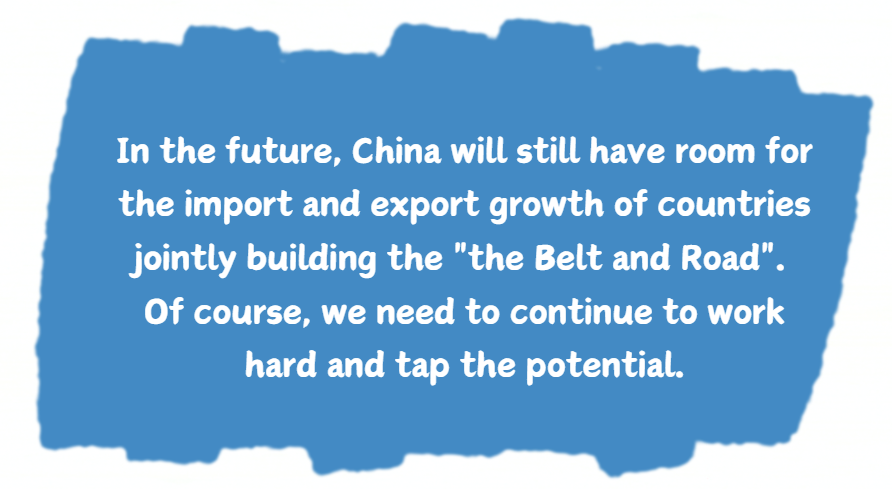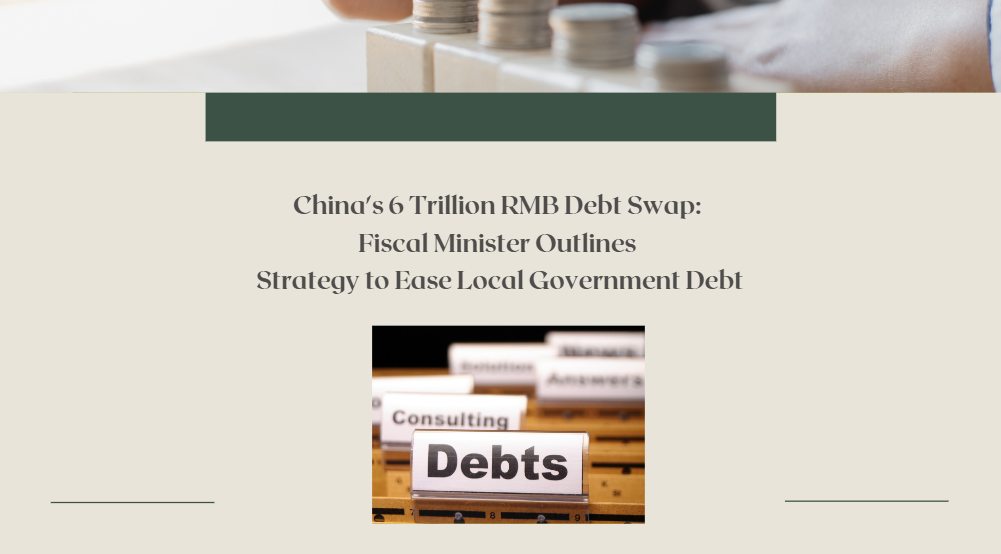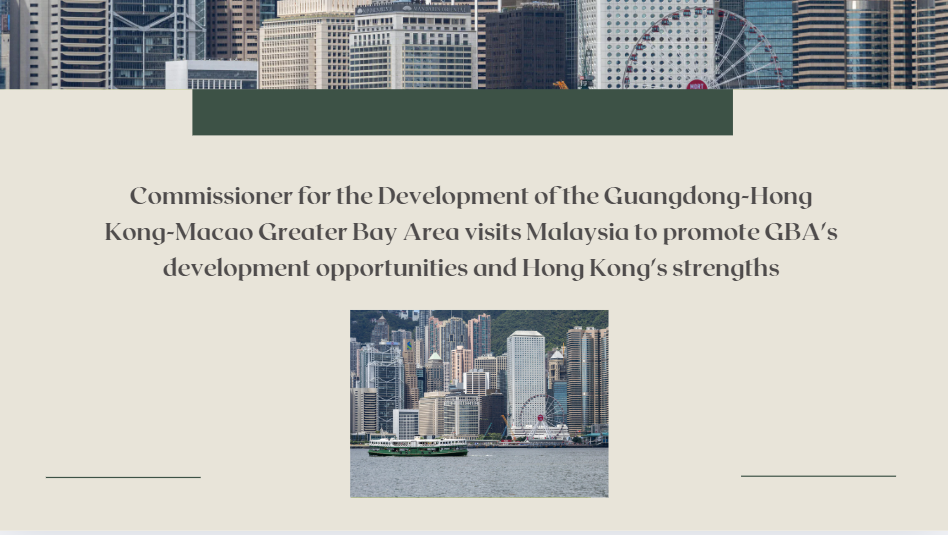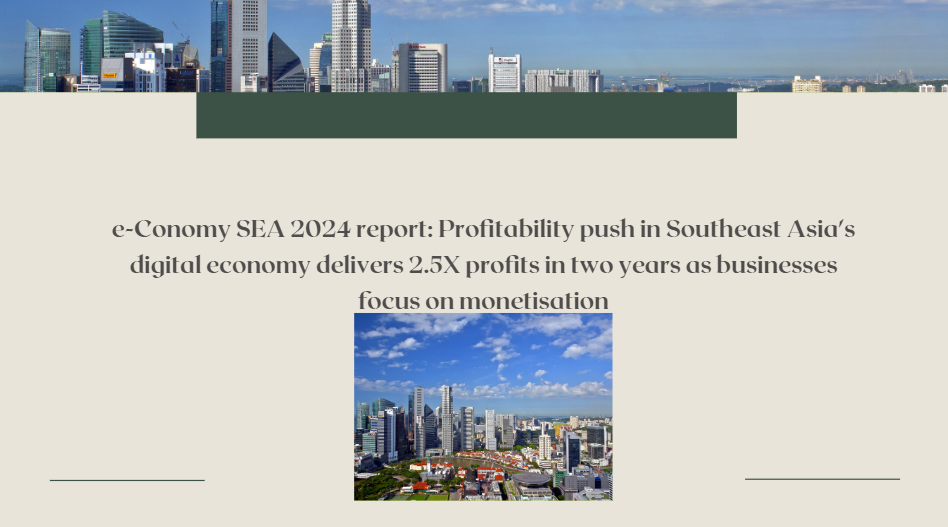China's Economic Strategy: Stabilizing Foreign Trade and Fostering Growth in the Silver Economy
In a State Council meeting led by Premier Li Qiang, China has rolled out a policy framework to strengthen foreign trade stability and develop its "silver economy" in response to demographic changes. This strategy aims to enhance trade resilience and unlock growth opportunities within an aging population, ensuring immediate challenges are met while also setting the stage for long-term economic progress.
Reinforcing Trade Stability with Financial and Policy Support
Facing international challenges, the State Council emphasized foreign trade as a key to China's economic recovery. New policies aim to increase financial support for small and micro-enterprises, including export credit insurance expansion, easier policy loans, and improved trade finance services. These measures provide security, liquidity, and exchange rate risk mitigation for exporters in volatile markets.

Bai Ming from the Chinese Academy of Commerce stressed the importance of these inclusive trade support policies, which reduce barriers to export credit insurance and offer businesses stronger safety nets. By making these financial tools more accessible, companies can engage in international trade with reduced exposure to external risks.
Emerging Growth Engines: Cross-Border E-Commerce and Green Trade
China's policy framework targets cross-border e-commerce and green trade as modernizing trade sector growth engines. Cross-border e-commerce has shown significant growth, with a 10.5% increase in trade volume to 1.22 trillion RMB in the first half of the year. This aligns with China's goals for economic modernization and global digital economy integration.
Li Xingqian, Deputy Director of the Department of Trade and International Economic Affairs, noted that cross-border e-commerce is reshaping China's trade structure and driving innovation in logistics, payments, and supply chains. Efforts include developing smart logistics platforms to streamline transactions and boost efficiency.
The focus on green trade reflects China's sustainability commitment, promoting eco-friendly product exports and international green technology cooperation. Policy initiatives also aim to promote border region trade and enhance comprehensive bonded zones for foreign goods repair, strengthening domestic trade networks and reducing environmental impact.

Expanding the Silver Economy: Serving an Aging Population
The State Council's framework emphasizes China's aging population, projected to exceed 300 million by 2023. Initiatives aim to unlock the silver economy's potential by expanding elderly care services, diversifying care models, and enhancing market participation.
The Fudan University Aging Research Institute predicts the silver economy could reach 19.1 trillion RMB by 2035 and 49.9 trillion RMB by 2050, accounting for over 35% of total national consumption. These figures highlight the aging demographic's economic potential, incentivizing policies that encourage investment in elder care services and infrastructure.
Key initiatives include increasing specialized elderly care facilities, training caregivers, and developing home-based, community, and institutional care services. The framework emphasizes catering to vulnerable elderly groups through meal delivery, home modifications, and targeted assistance programs.
The Ministry of Civil Affairs' guidelines support a private-sector innovation environment in elder care, encouraging investment in advanced facilities, products, and service models to improve care quality, affordability, and accessibility for seniors. This approach highlights the importance of engaging the private sector to meet the evolving needs of China's elderly population, promoting economic vitality and welfare outcomes.
By fostering a vibrant silver economy, China integrates economic and social welfare objectives to create a sustainable model addressing the needs of its aging population and the growth potential in this demographic shift. Through market-driven solutions and supportive policies, the country builds a robust and responsive elder care sector that enhances living standards for seniors and contributes to broader economic resilience.






















































First, please LoginComment After ~